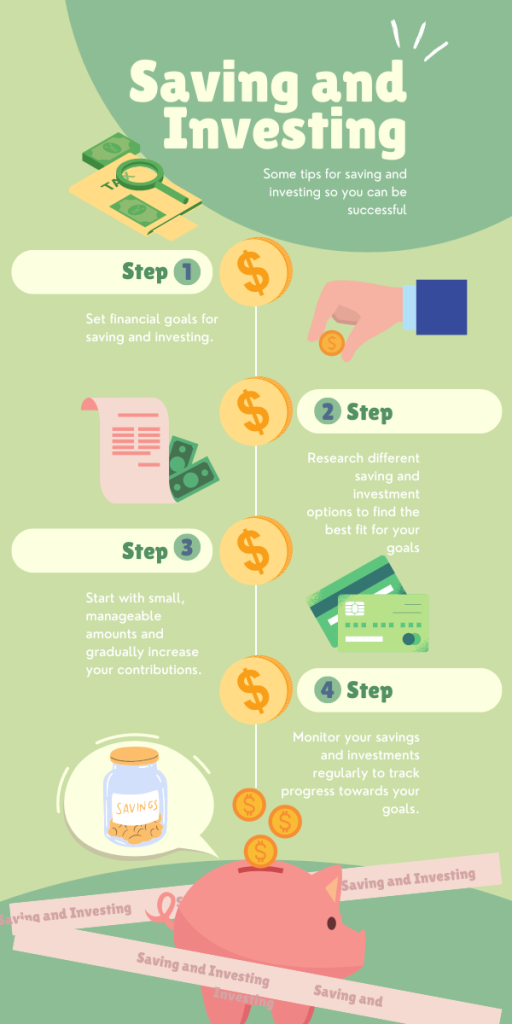Let’s discuss How to invest in AI. Artificial intelligence (AI) is revolutionizing industries and our everyday lives. The potential for growth and innovation is attracting many investors. But how exactly do you invest in AI?
AI is no longer just a future concept but a reality today. AI technologies are increasingly integrated into our daily lives. However, when you stay informed about the latest trends and developments in the industry, AI can be a lucrative investment opportunity.
The market, technology, and companies involved in AI must be thoroughly understood. If you plan on investing in this rapidly growing field, research first. This article explores how you can invest in AI and provides tips to help you navigate this exciting market.
Overview of AI and its impact on the market
AI and artificial intelligence impact technology. Machines can be informed and act in the way men use them. Healthcare, finance, and transport are some of the fields in which AI is involved. AI has a significant effect on the market.
Efficiency and innovation are what I will always invest in, leading to cost savings and the introduction of new products into the market as they are today. When it comes to how they operate, companies that use AI outperform others.
How to Invest in AI Step-By-Step Guide
Research and Plan
Begin by studying the intelligence and potential of artificial AI-connected stockstocks. Look for companies that are pioneers in the field of AI. Make distinct investment goals and fix your budget.
Choose Your Investment
Decide if you want to invest in a basket of stocks or particular shares or go for ETFs. Look at funds oriented towards AI for diversification of investment and seek advice from financial experts.
Research AI Companies and Technologies
Studying artificial intelligence organizations means observing the market movers and creative minds within that industry. Examples of leading companies in this field include Google and Microsoft, just to name a few, yet there are many other smaller firms using cutting-edge AI systems.
Evaluate Financial Health
The first step in evaluating one’s financial status is the stock market is analyzing personal earnings (income) against expenditures (expenses). You should review monthly earnings versus outgoings to gauge the exact amount of funds at your deep learning disposal.
Diversify Investments
Diversifying investments in assets that software companies spread across multiple markets allows you to have many options for your capital without being entirely dependent on one investor, which lowers the risks associated with investment default. Put your money into shares, bonds, and real estate, among other assets, to hedge against market ups and downs.
Consider AI-focused ETFs
AI ETFs are a good way for investors to get exposure to or participate in the sector. Conversely, some individuals buy funds from various AI companies so that their eggs are not all in one basket. Diversifying investments across several securities lowers risks and provides wide industry exposure.
Stay Informed on AI Trends
It is essential to stay informed about AI trends to understand the future. You can only do this if you follow reputable tech news sites and blogs.
You can learn from them by joining AI forums and taking part in webinars with experts and the largest tech companies. Subscribing to newsletters of major AI organizations helps, too.
Assess the Regulatory Environment
Before examining the regulatory environment, comprehend the present laws governing artificial intelligence. Chinese tech companies Various countries operate under different regulations, meaning global standards must be observed.
Therefore, new laws and changes must be constantly monitored. Investigate how these laws affect the development and deployment of AI. Although compliance may prove expensive, it is necessary. It is advisable to consider hiring professionals who can help one understand difficult regulatory terrains.
Long-term Investment Strategy
A long-term investing strategy involves slow improvement over the coming years. It consists of holding assets for a long time without worrying about immediate market trends. In other words, it’s a method that enables people to accumulate wealth slowly but surely.
Usually, an investor spreads their portfolio using advanced technology to mitigate risks associated with the all-eggs-in-one-basket concept. This means that they go for a combination of shares, bonds, and other securities. It takes patience and persistence to reach financial objectives in the long run.
Invest in AI Startups
Investing in AI startups can be highly rewarding because they usually spur innovation, thereby altering long-standing patterns of using AI-enabled services in business.
The first investors could realize significant profits when these startups expand. The field of startup investment Chip design seems risky. Several startups fail, hence the need for comprehensive study. Diversification might be the answer to this challenge.
Use AI in Your Investment Strategy
Leverage artificial intelligence (AI) in your investment strategy to make wiser choices. Through quick data analysis, AI can identify trends and opportunities by sifting through vast amounts of data, thus enabling you to settle chip makers on a more informed investment decision quickly.
Using AI tools is one way to manage risk, as they can predict market changes before they happen. To minimize human error, trade orders are handled efficiently by automated systems that execute trades with the right timing. Leverage artificial intelligence for insights to boost your portfolio’s return on investment.
Monitor Performance and Adjust
Checking progress toward targets is a critical part of monitoring performance. Software such as analytics can measure key metrics. This way, it becomes clear what works and what does not.
Ongoing success requires continually adjusting strategies through continuous data insights and feedback-based changes. To maintain your objectives, you must constantly tweak your game plan.
Factors to consider when evaluating AI companies
While assessing AI companies, one should look for technology and innovation. They should also compare their AI solutions’ level of advancement and uniqueness. In addition, company patents and research works should be considered. Where there is continuous
Innovation then implies that the firm blockchain technology has been doing well over the years. Another critical step is to analyze where the business stands in the industry vis-à-vis its rivals and market opportunities.
Long-term vs. short-term investment strategies
The strategy that involves holding onto assets for many years is known as long-term investment. As a result, investors tend to earn higher profits from compounding over time, and the market has remained stable for several years.
The stock exchange is generally dominated by various kinds of investments, including shares, which are issued to raise funds for building factories, among other things, or even providing services.
FAQ
Is AI good for investing?
I agree with them about AI’s adequacy for quick analysis of vast data volumes. It’s also good for recognizing trends and forecasting. These abilities would improve decision-making and lead to higher returns.
Can I buy shares in AI?
Yes, you have the option of acquiring stock in companies. When investing in AI technology firms, look beyond individual equities and consider AI-focused ETFs.
Can I invest in OpenAI?
At the moment, OpenAI is a privately held company, so it can’t be invested in directly. Instead, you may invest by proxy in any business collaborating with or supporting OpenAI, such as Microsoft.
Conclusion
Investing in AI requires thorough research and strategic planning. Identify companies with vital AI initiatives, analyze their financial health, and consider industry trends. Diversify your investments across various AI applications and sectors. However, stay informed about technological advancements and regulatory changes.
With careful consideration and patience, investing in AI can offer significant long-term growth and innovation opportunities. Additionally, if you’re interested in investing in cryptocurrency, ensure you understand its unique dynamics and risks before investing.








